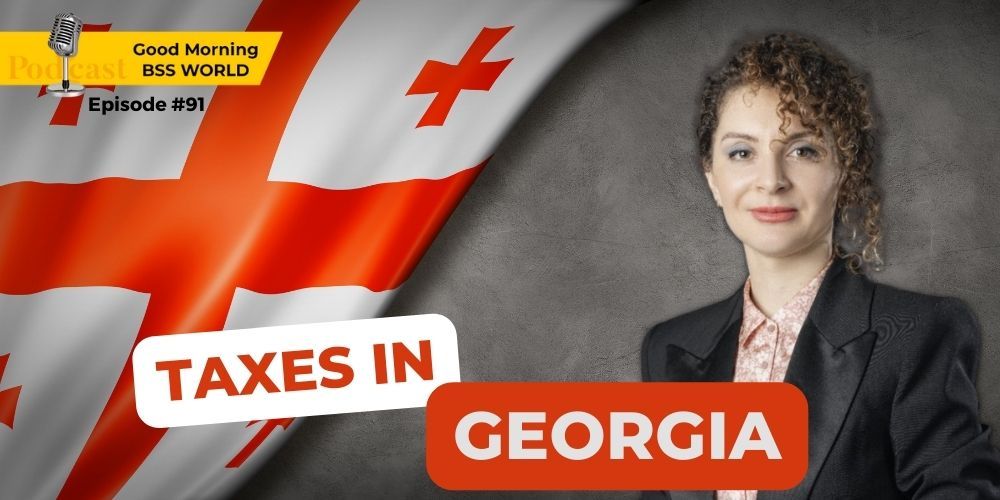Polish New Deal and taxes

A characteristic feature of the tax law in Poland is its lack of stability and the introduction of numerous amendments. However, there haven't been so many tax changes introduced at the same time, such as those included in the Polish Lada, for a long time. The document amending the acts, mainly tax ones, is nearly 300 pages long. Entrepreneurs need to make even more effort than usual to learn about the changes and adapt to them. Below we present a brief overview of only some of the tax changes, focusing on PIT and the employers' perspective.
CHANGE OF THE TAX THRESHOLD AND THE TAX-FREE AMOUNT
The most widely advertised change bythe authorities is the raising of the tax base threshold, above which the 32% tax rate applies, from PLN 85,528 to PLN 120,000. At the same time, in the case of income settled according to the tax scale, the tax-free amount increases to PLN 30 thousand. The tax-free amount will be applied by deducting the amount of PLN 5,100 from the tax due, calculated at the rate of 17% on a tax base of up to PLN 120,000. Interestingly, the amount of the tax reduction in the first range of the tax scale may be increased by the Council of Ministers at the request of the Minister of Finance, if the amount of the subsistence minimum for the household increases. However, this does not apply to taxpayers falling within the 32% rate, for whom the tax-free amount will not be indexed.
HEALTH INSURANCE CONTRIBUTION
The possibility of deducting any part of the health contribution from income tax has been abolished completely (so far it has been possible to deduct 7.75% from the 9% basis of its assessment). In practice, this means an increase in public law burdens by 7.75% for the majority of taxpayers. The catalog of persons subject to mandatory health insurance has been extended to include persons appointed to perform functions under the act of appointment, who receive remuneration for this. The basic amount of the health insurance contribution remains at 9%. The percentage of the contribution for Entrepreneurs paying the flat tax rate will be reduced to 4.9% of income (however, it may not be lower than 9% of the minimum wage applicable on 1 January of the contribution year). Separate and complicated rules for calculating the health insurance contribution will apply to taxpayers paying in flat-rate forms of taxation.
DECREASING THE TAX BASE
The negative effect of changes in the health insurance premium is to be reduced, but only in the case of employees and entrepreneurs who settle taxes according to the general rules, constituting a new allowance for the middle class consisting in a reduction of the tax base. The relief applies only to taxpayers who earn income from their employment or business of not less than PLN 68,412 per year (PLN 5,700 per month), and not higher than PLN 133,692 per year (PLN 11,141 per month). The formulas for calculating this allowance (there are two, and the second is applicable from PLN 102,589) is a textbook example of overly complicating the law. The relief is the highest in the case of income (revenues) amounting to approximately PLN 103 thousand annually, when the tax base is reduced by approximately PLN 13.5 thousand. However, its amount drops to only a dozen or so zlotys in the case of income (revenues) from the marginal values of the adopted range.
Interestingly, it will be possible to lower the tax base by the membership fees paid to trade unions (up to PLN 300 per year).
COUNTERACTING ILLEGAL EMPLOYMENT AND THE SHADOW ECONOMY
Taxpayers' revenues will be increased by the value of work of an illegally employed person (within the meaning of the Act on Employment Promotion and Labor Market Institutions) in an amount equivalent to the minimum remuneration for work in a given month. The same effects apply to any income of an employee gained from illegal employment which the employer did not disclose to the competent state authorities (on the employee's side, these revenues will be exempt from PIT taxation). At the same time, the employer will not be able to count paid benefits due to illegal employment as tax deductible costs. Moreover, in the event of illegal employment or the lowering of the basis for the assessment of employee insurance premiums, the premiums will not be borne by the insured employees, but must be paid entirely from the employer's own resources.
TAX EXEMPTIONS
There will be several new tax exemptions for individuals. These will apply to income obtained from the sale for consideration, after three years, of shares acquired by the taxpayer (from 2022) as the result of an initial public offering. As part of the joint limit of up to PLN 85,528 per year, pursuant to Art. 21 sec. 1 items 152-154 of the PIT Act, work contracts, mandate contracts or business activity shall be exempt from taxation for:
- (i) revenues of some taxpayers, if after 2021 they moved their place of residence to the territory of Poland (from the EU, EEA or several other countries mentioned in the regulation); the exemption is valid for four consecutive tax years,
- (ii) income of taxpayers who in the tax year exercised parental responsibility in relation to at least four children, and
- (iii) for the purpose of the economic activation of people over 60 (women) or 65 (men), income earned by a taxpayer who, despite acquiring the right, does not receive an old-age or disability pension.
In the event of using these exemptions and at the same time applying increased costs of obtaining revenues from royalties for employees, the total amount of the exemptions and costs may not exceed PLN 120,000, which is the amount constituting the upper limit of the first range of the tax scale.
LUMP SUM TAX FOR NEW RESIDENTS
A new solution has been introduced to encourage high-net-worth, non-resident individuals to transfer their tax residence to Poland. A lump sum onthe income of such persons may be chosen if they have not had a place of residence in Poland for at least five of the six tax years directly preceding the tax year in which they moved their place of residence to Poland. For 10 years, income obtained outside the territory of Poland, regardless of its amount, will be subject to a lump sum of PLN 200,000 annually (in the case of income of a family member of such a taxpayer, the tax will be PLN 100,000). At the same time, the taxpayer will be obliged to incur expenses for economic growth, development of science and education, protection of culturalheritage or promotion of physical culture of at least PLN 100,000 per year.
CHANGES FROM THE PERSPECTIVE OF PIT TAX REMITTERS
The amendment will also introduce some changes with regard to the obligations of tax remitters collecting tax advances. Tax remitters will not reduce advances by the health premium collected. Tax remitters must take into account the new "middle class" allowance when calculating advances. At the taxpayer's request, a tax remitter will be obliged to take into account the tax exemptions described above, pursuant to Art. 21 sec. 1 items 152-154 of the PIT Act. A taxpayer will be allowed to request the collection of tax advances without applying standard monthly employee tax deductible costs (PLN 250). Another new introduction is the possibility for a tax remitter not to collect advances on the income of persons employed under civil law contracts, if they do not achieve other incomes and their annual income does not exceed PLN 30,000.
Due to the change in tax relief for single parents (tax deduction instead of joint taxation), such taxpayers will not be able to apply to the payer for the use of reduced tax advances. The amount of revenues from the pri-vate use of company cars by employees will now be determined by engine power and the type of drive (electric), not by engine capacity. Unfortunately, this solution still applies only to employees, and the determination of similar revenues for other taxpayers remains without detailed regulation.
Author: Piotr Maksymiuk, Senior associate, Baker McKenzie









